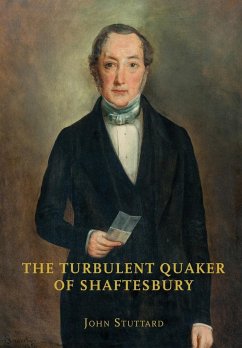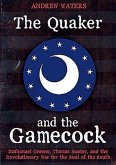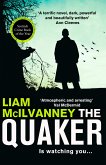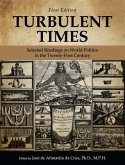John Rutter (1796-1851), was a man of many talents and achievements, a polymath who lived in Shaftesbury, North Dorset, at a time of great change in our society. He was an author, printer, publisher, social and political reformer, public servant, philanthropist and lawyer. He is one of those lost heroes of the past about whom little was known until now but about whom everything should have been known much sooner. An accomplished writer, he printed and published some fine books: guides to Cranborne Chase, Wardour Castle and the villages of North West Somerset. In writing these, he had the support of, and encouragement from, Sir Richard Colt Hoare of Stourhead and Lord Arundell of Wardour. His masterpiece, Delineations of Fonthill & its Abbey, William Beckford's cathedral-like mansion, stands out as one of the great architectural publications of the early 19th century. If he had done nothing else in his life than publish Delineations he would be lauded today for this single accomplishment. But Rutter did much more than this. Driven and inspired by his Quaker upbringing, with a belief in equality and fairness, he engaged in political reform in the 'pocket borough' of Shaftesbury and he fought against nepotism and corruption in the local borough. For this he was hounded, fined and considered 'turbulent'. But his actions contributed to the major reforms introduced by successive Whig governments of the 1830s. After these successes, he qualified as a lawyer, was elected to the reformed town council and became a public servant and philanthropist of some renown. At a national level, he contributed to the abolition of slavery, total abstinence and the international peace movement. Locally, he encouraged Bible reading, established schools, chaired Shaftesbury's Union and House of Industry, introduced gas lighting to the town and was instrumental in the South Western Railway being built along its present route, linking London to Exeter via Salisbury and Yeovil. John Rutter was a Renaissance man, whose life we should celebrate for what he achieved, for his extraordinary contribution to Shaftesbury and for the changes he made to our society. In this biography, the first of John Rutter, his life is related in detail. His character and qualities are described and examined, to understand and appreciate his achievements. In this well-illustrated biography, author John Stuttard has meticulously researched the life, character and qualities of this exceptional man in scrupulous detail, drawing frequently on original sources never before seen in print. The result is one of the most penetrating and revealing studies of life in 19th century Shaftesbury and of the man who was central to many of the major changes and key events that occurred.
Hinweis: Dieser Artikel kann nur an eine deutsche Lieferadresse ausgeliefert werden.
Hinweis: Dieser Artikel kann nur an eine deutsche Lieferadresse ausgeliefert werden.








